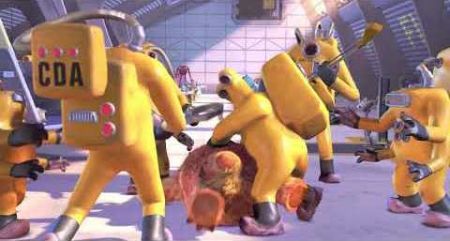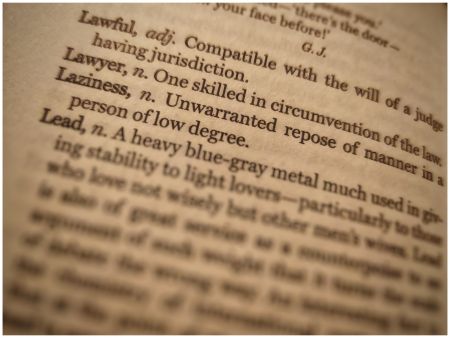Fire drill
Fire drill /ˈfʌɪə drɪl/ (n.)
1. Management: That unexpected black swan event that is certain to bugger up your weekend. It will start with clear and present danger (albeit apprehended through the foggy beer goggles of war, confusion and miscommunication from panicked people in ops); it will gradually suck in more and more people across the organisation (legal, litigation, compliance, senior relationship management) to a point where: (a) it becomes so large that the combined mass of important people creates a Schwarzschild radius and it collapses in on itself (the Bang scenario) or (b) it becomes so dispersed, and its entropy so great, that it fizzles out towards some kind of boredom heat death as it becomes clear that neither the legal terms so patiently negotiated, the firmwide policies so compendiously documented or the common-sense so parsimoniously rationed, has any real prospect of overriding the dictates of keeping the client happy (the whimper scenario).

|
As in many aspects of life, whimpers outnumber bangs by a distressing proportion — that is, a proportion large enough to make the whimper all but inevitable, but not quite large enough to safely ignore the risk of it being a bang from the get-go. So you have to go through the motions. Hence, fire drills are a regular part of commercial life.
Parents of toddlers in 2001, who thus have that splendid motion picture Monsters, Inc. burned on their brains, know this as a “2319”.
2. Office ennui (archaic, falling out of use the “new normal”): An actual fire drill: the Friday afternoon clarion call over the Tannoys that declares all is well with the world — even the building’s fire alarms are working — and it is time for yon wildebeest to start their slow stampede for the exits.
Fire drills of this kind are a fun interruption to an all-hands conference call — especially one that is getting a bit tasty — as they function like a cold shower where everyone has to pause, fuming, for about four minutes while Patricia Hodge (or someone sounding remarkably like her) goes through her pre-recorded motions; intoning first that this is a drill, and you should all ignore what is about to happen and get on with your work; then that this isn’t a drill — the building is on fire, you must immediately leave without using the elevator or collecting your belongings; and then a reminder that what just happened was a drill, you were right to ignore it, but it is stopping being a drill now, so from now on you do have to pay attention, until the next time you are told don’t have to.
There is a story, passed now into folklore, that an in-house legal eagle at JPM and her favourite lawyer at Linklaters would frequently have conversations so long that they would span both the JPMorgan fire drill, at 1030 in the morning, and the Linklaters one, at four in the afternoon.
In any case, this kind of fire drill is, of course, usually followed by a fire drill in the first sense, meaning that despite all indications to the contrary your weekend is wrecked after all, and almost certainly on account of a damp squib.
Eheu.
